Yes, it’s tropical paradise. And it’s annoying.
A few years ago, I sold everything and moved to Costa Rica with my family. All in all, it’s the best decision I ever made.
As much as I like the weather here, I’m over it.
Sometimes I see jaded American expats who have been here for fifteen or twenty years, with their surly attitude about tropical paradise, and I think, how did they get this way?
Now, after two years, I think I get it.
1. Excellence is not a virtue.
Things are done poorly here — almost as a practice.
Nobody fixes the huge 4 foot holes in the road for months, because you can just stick a tree in it and drive around.
And it’s not just my hardworking American sensibilities that take offense, it is also my aesthetics as a designer.
2. If it is done badly, don’t fix it.
Paying a phone bill can take an hour, because out of six customer service reps, only one of them has a cash register.
Take a number, and you can talk to any employee, but then you have to wait again while they walk over (and stop the manager from what they are doing) and start your transaction all over again at a different counter, all because of bad design.
3. The playgrounds are falling apart.
When I take my three kids to a park, first I have to search the entire play structure. Then I quarantine, declaring which areas are off limits, due to crooked nails, rusty bolts, or broken wood.
4. Ticos lie.
Native Costa Ricans do not like saying no to anyone, and they prefer to lie to you if it will prevent any conflict.
I appreciate that this country has no standing army, and fights and brawls don’t happen. I like the absence of conflict. Costa Rica is safe.
But the Ticos are such a remarkably passive people, you cannot believe what they say, because they could be lying just to tell you something nice.
“Yes, you are driving the right way” is not helpful if it’s not true.
5. Books mold.
The air here is so moist that books have to be in a climate controlled room, or they will grow mold in their pages within a year or two.
For a bibliophile, living without bookshelves is unnerving.
6. You cannot flush your toilet paper.
The pipes used in Costa Rican plumbing are too small to allow for any paper, or they will instantly clog. So every toilet in the country has a foul little trash can next to it.
7. If it weighs anything, it is expensive.
Many products are 3-4 times what you would buy them for in the States — bags of dog food, automobiles, a decent beer— because taxes and duties on imports are a significant source of revenue for the country.
8. Internet connection is unreliable.
My business is run from a laptop, and when I go out into the world in search of a cafe where I can work for a few hours, my options are shockingly slim.
Maybe I’m spoiled, expecting an outlet for my electricity consumption when I go into someone else’s business. I can even admit that Wifi is a privilege, and not a right.
But when I can’t even tether an internet connection through my iPhone because of the thick, unforgiving concrete walls that buildings are made of here, I feel like I’m in the wrong place.
9. Rampant pesticides.
The Tico thinking goes, “If a little is good, a lot is great.”
Pesticides are not seen as dangerous or harmful here. I once saw a man spraying pesticides on the side of the road, keeping the robust colonies of insects at bay, when some kids came running by. He playfully sprayed them with poison and giggled.
There are minimal regulations on pesticides in Costa Rica, and things that are banned in other countries (like DDT) are used liberally on local food.
Thankfully there are some organic farmers markets in Costa Rica, and we drive an hour to get to one, on the one day a week that it occurs.
10. Bad medical care
Whenever we need to go to the doctor, we go to a private doctor.
Even though we have the Caja, the state-run insurance system, the doctors and facilities are not up to our standards of quality and cleanliness.
It is comforting to have catastrophe insurance; if we break a bone, we can go to a state-run hospital and have urgent care that will not send us into bankruptcy, like it does in the States.
We still don’t use it, preferring to use private doctors and hospitals that, thankfully, cost a fraction of their US counterparts.
The verdict: the good outweighs the bad.
I still love Costa Rica, but I need a break.
Since I focus most of my thoughts into positive thinking, I often decline the opportunity to think about my grievances with Costa Rica.
We became Costa Rican permanent residents because we wanted to dig roots here, and our new home is a wonderful place for us to live and raise our family.
Just not all the time.
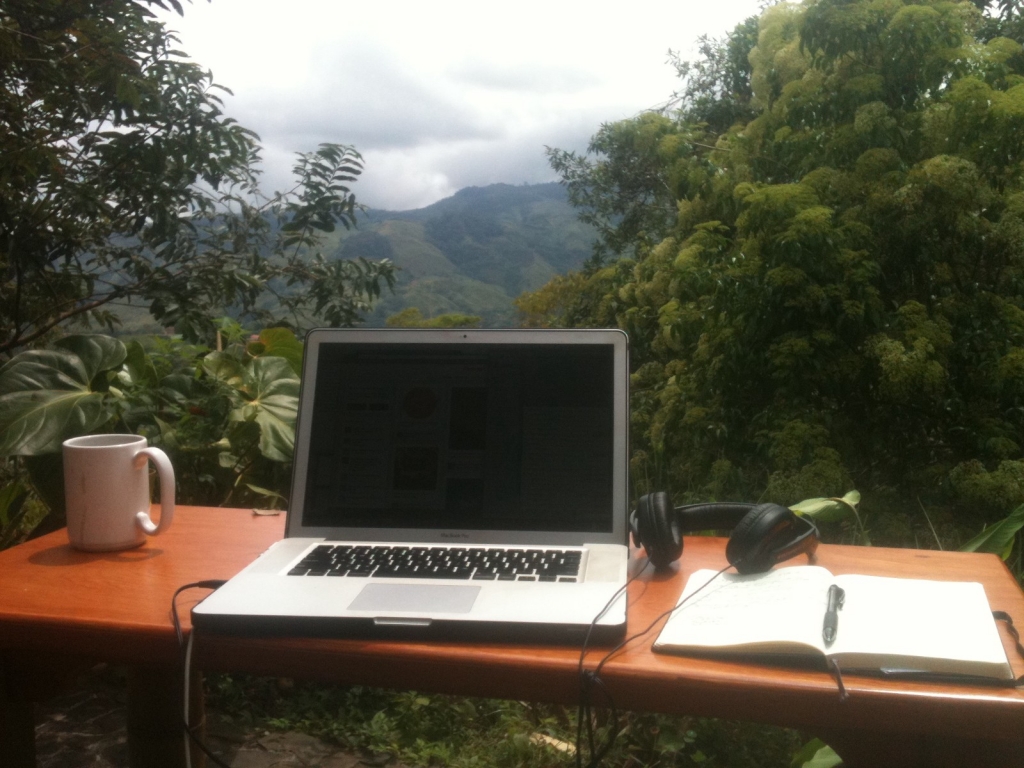
My typical office view.
We are gypsies, and my family and I would rather travel the world than grow comfortable in one place that we never leave.
So this list of annoyances, which can be easily overcome or ignored, are serving to temporarily propel me out of this beautiful, tropical lifestyle.
It ensures that I stay in the one place where I really feel at home: moving.
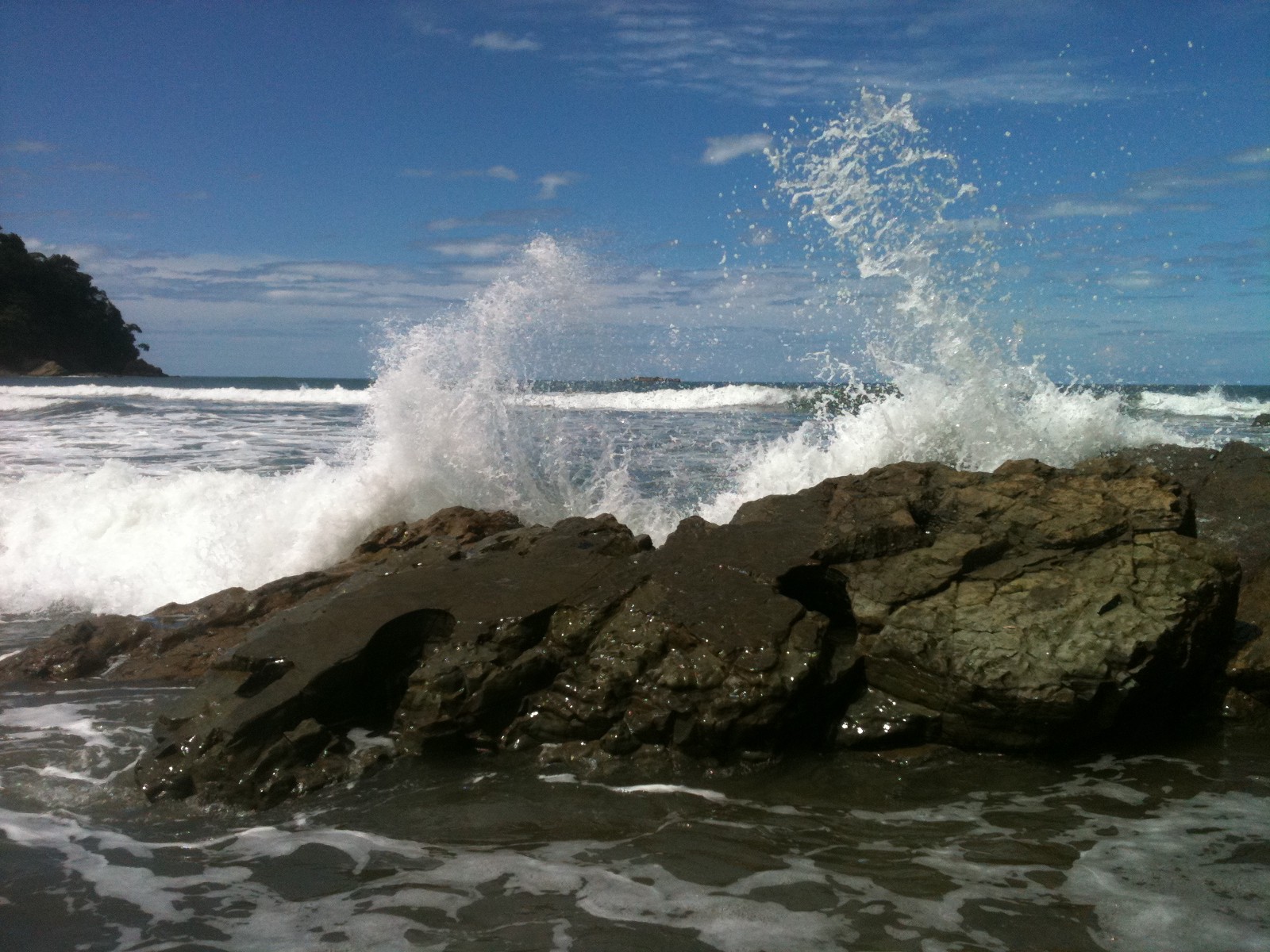
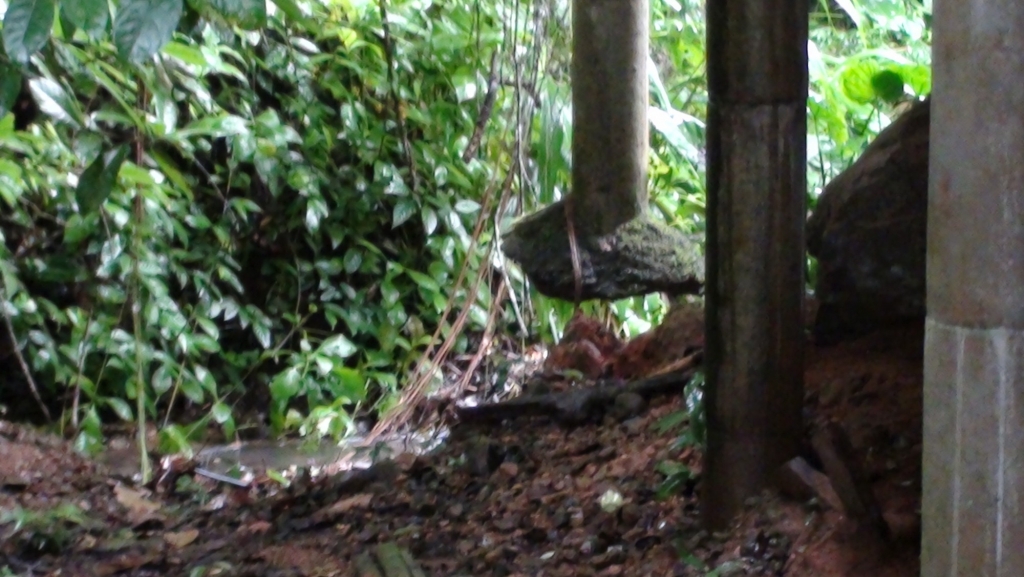
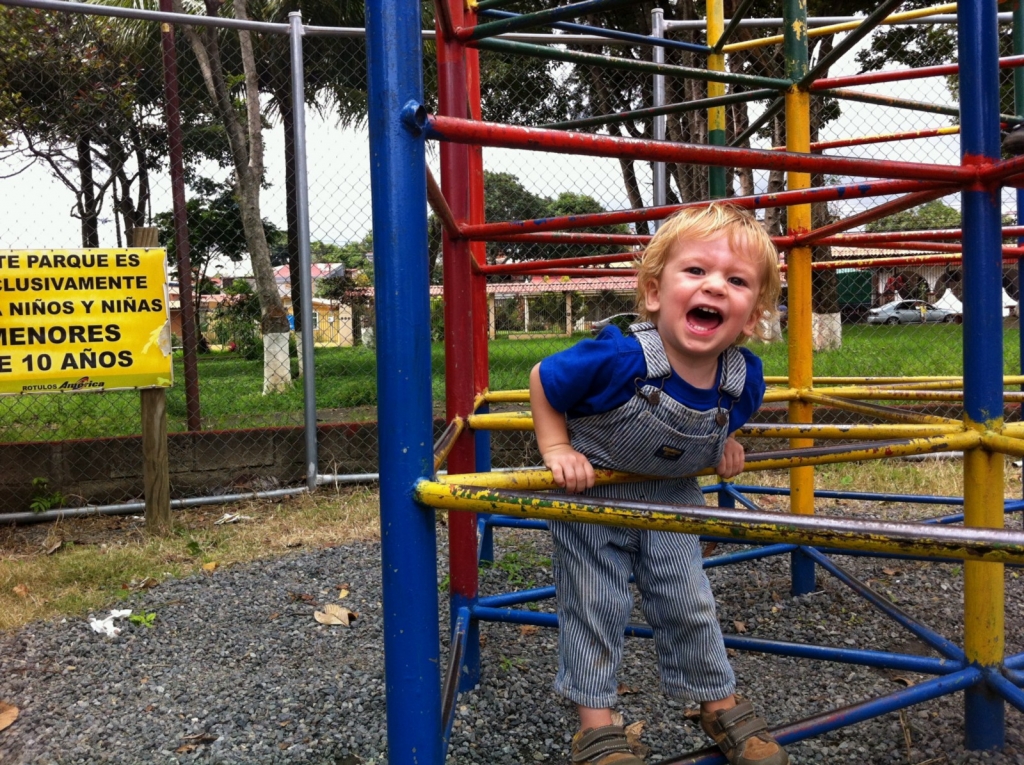
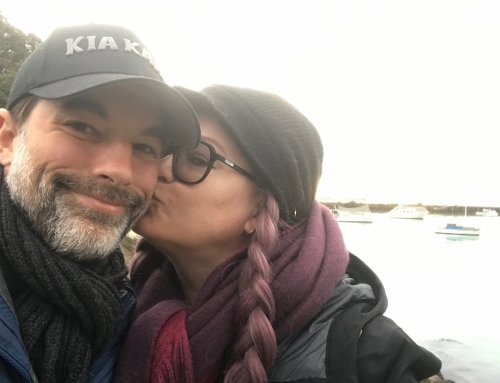
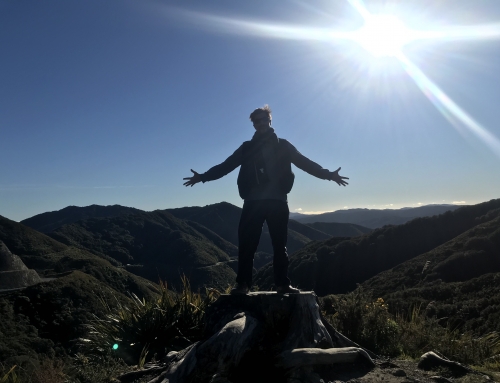
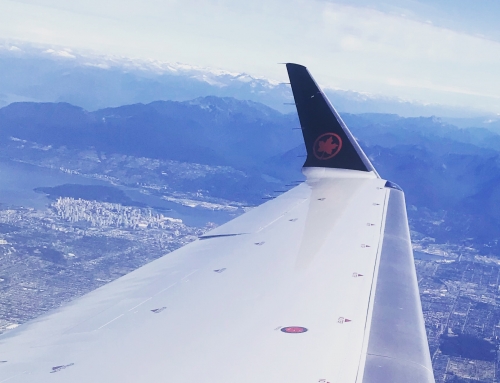
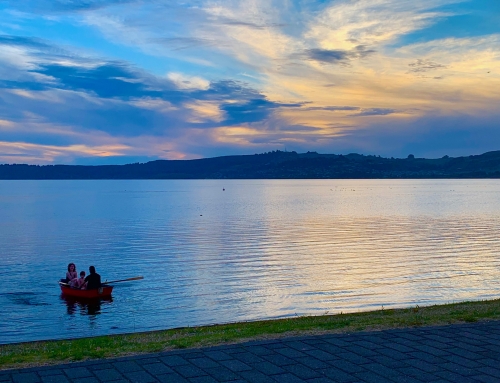

Hello Caelan!
Just read your very interesting post (after all not everything in a country is perfect!). I am doing some research for a friend and his elderly father who would like to move to Costa Rica.
First of all, are all the points you listed on your post still a current problem?
Second, my friend is an excellent carpenter/builder, very detail oriented. What do you suppose his chances to find a work in Costa Rica could be and if positive, would he be able to apply for a work visa?
Thank you for your time and looking forward to reading you.
Fabienne
Hi Fabienne, many of these problems are societal, and aren’t likely to change anytime soon. In my experience, finding work in Costa Rica isn’t hard, but it pays very poorly. The only reason I was able to make it work is that I was running a digital business working with American clients, and I could earn American dollars and spend Costa Rican colones. There is carpentry work in CR, but the market is accustomed to paying bottom dollar for it. Visas aren’t generally granted for unskilled labor, but I’m not an expert, and Javier Zavaleta at Residency in Costa Rica would know more than I would. Good luck!